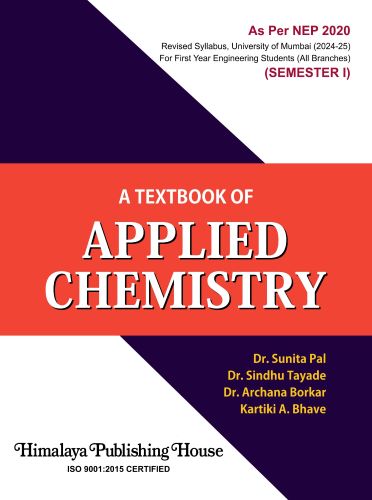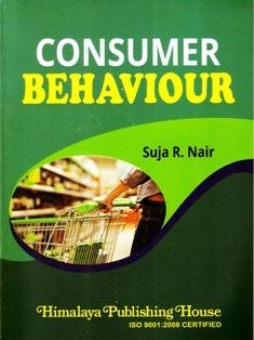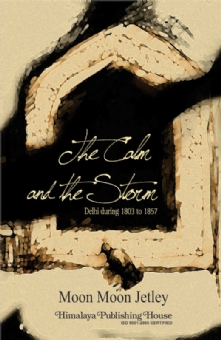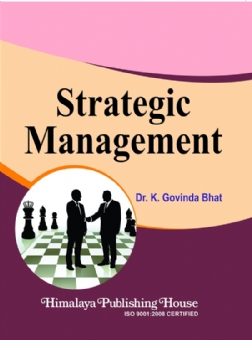Applied Chemistry is fundamental for solving engineering problems, driving innovation, and enhancing technologies across diverse fields such as Construction, Nanotechnology, Biomedical Engineering, Chemical Process Engineering, Environmental Engineering, Energy Production, Management, and Materials Science.
Our book focuses on Applied Chemistry and is as per the Revised Syllabus of NEP 2020 (Mumbai University). Knowledge is crucial for success, and regularly updating the syllabus is essential to provide current information. Changes in the syllabus introduce new learning challenges and topics, requiring students to adapt. This book is designed to help students navigate these challenges, understand complex concepts, and grasp the subject matter effectively. We believe it will support their journey towards becoming successful engineering professionals.
Contents –
1. Fuels and Combustion –
A. Definition and Characteristics of Good Fuel
– Calorific Value (Definition)
– Types
B. Determination of calorific value using Dulong’s Formula
C. Proximate Analysis of Coal
D. Ultimate Analysis of Coal
E. Numerical on Combustion Analysis of Coal
2. Corrosion –
A. Introduction and Definition
Types of Corrosion
– Dry or Atmospheric Corrosion
– Wet or Electrochemical Corrosion
B. Factors Affecting Rate of Corrosion
– Purity of Metal
– Nature of Corrosion Product
– Relative Cathodic and Anodic Area
– Overvoltage
– Position of Metal in Galvanic Series
– Temperature
– pH of Medium
– Moisture
– Concentration of Medium
C. Methods to Control Corrosion
– Selection of Metal
– Proper Designing
– Cathodic Protection
– Use of Corrosion Inhibitors
– Metallic Coatings
D. Corrosion in Electronic Devices
3. Alloys –
A. Purpose of Making Alloys
B. Phase Rule
– Gibb’s Phase Rule and Terms Involved
C. One Component System-Water
D. Reduced Phase Rule
– Two Component System (Pb-Ag)
E. Merits and Limitations of Phase Rule
4. Introduction to Polymers –
A. Introduction to Macro–molecular Science (Polymers)
– Chemical Bonding in Polymers
– Classification of Polymers
B. Properties of Polymers
(i) Molecular Weight
– Number Average Molecular Weight
– Weight Average Molecular Weight
(ii) Crystallinity
– Crystalline and Amorphous Polymers
– Glass Transition Temperature
(iii) Mechanical Properties –
– Hardness
– Tensile Strength
– Creep
– Fatigue
– Impact Resistance
(iv) Electrical Properties
– Dielectric Strength
– Insulation Resistance
– Surface Resistivity
(v) Optical Properties
– Refractive Index
– Transmittance
– Photoelectric Property
– Colour
5. Composite Material –
A. Definition, Characteristics of Composites
B. Constituents of Composites,
– Matrix Phase
– Dispersed Phase
C. Classification of Composites
6. Green Chemistry for Sustainable Development –
A. Introduction to Green Chemistry,
– Twelve Principles of Green Chemistry
B. Comparative Study of Conventional and Green Synthesis of
– Adipic Acid
– Indigo Dye
– Carbaryl
C. Green Solvents:
– Supercritical Solvents
– Ionic Liquids
D. Green Fuels
– Biodiesel
– Ethanol
E. Numerical on Atom Economy







Your review is awaiting approval
Hi! Do you know if they make any plugins to help with SEO?
I’m trying to get my website to rank for some targeted keywords
but I’m not seeing very good results. If you know of any
please share. Thanks! You can read similar article here: Eco bij